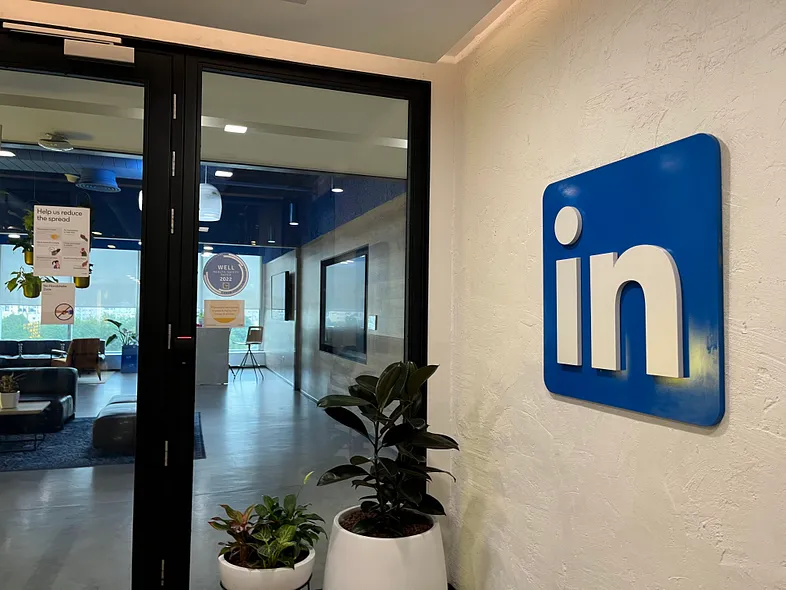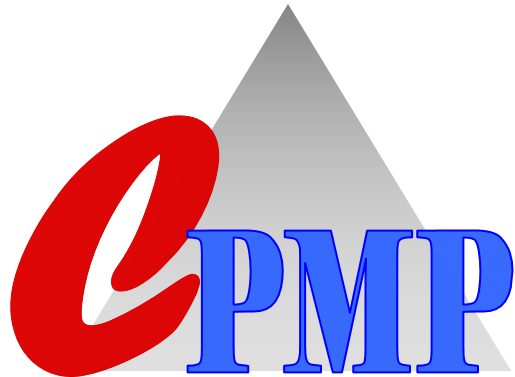
20 Tips on How to Not Be Nervous at an Interview
Nerves are the body's involuntary response to a new or uncomfortable situation. While having nervous feelings before your job interview is natural, it's important to present as confident during your interview. This is a chance to make a great first impression, so preparing in advance is an excellent way to calm your nerves. In this article, we discuss why staying calm during interviews is important and provide some tips to control your nerves during interviews.
Why it's essential to calm your nerves during an interview
Remaining calm throughout your interview process helps you boost your self-esteem and drives you to perform better. It can also show your interviewer your ability to perform under pressure and handle stress. The impact of controlling your nerves goes beyond you. It also positively affects prospective employers and makes it easier to decide on a suitable candidate. It lets you leave a great impression on your interviewers and gives you a competitive edge.
Related: How To Prepare for a Job Interview
Tips to avoid feeling nervous at interviews
Follow these tips to help control your nerves and present as a confident professional before and during your interview:
1. Research the organization
The fear of being unprepared for questions is a common reason for anxiety during an interview. To prevent this, it helps if you research the industry and the organization where you intend to work. You can visit the company's website to learn more about its vision, values, goals, and accomplishments. This knowledge increases your confidence, making it easier for you to remain calm during the interview.
Related: How To Learn More About a Company's Culture
2. Find common interview questions and practice them
Some interview questions may be technical, depending on the industry or job. You can prepare for your interviews by searching for possible questions that your interviewers may ask. You can also prepare answers for these questions, practice them with a colleague or friend and ask their opinions on the quality of your responses. You are more likely to be confident after this, which helps reduce your anxiety.
Related: Ten Types of Interview Questions You Can Expect
3. Know your panel
Finding out whom you're meeting and how many people you're likely to meet can give you an idea of possible questions to expect. It can also provide a perspective on how to answer questions based on the personality of your interviewers. All these ensure you're more informed about what to expect, which will likely make you more relaxed. Also, finding out if the interview is a one-on-one meeting or a panel format can make you less nervous and allows you to prepare adequately.
Related: Understanding The Steps Of The Interview Process
4. Prepare your wardrobe
Prepare your preferred outfit the day or night before to ensure you arrive early. Preparing your wardrobe allows you to relax, save time, and focus on other elements of your interview. You also have an opportunity to try different outfits and find the most comfortable and professional choice. Your outfit can impact your confidence, so ensure you take how you dress seriously.
Read more: What To Wear To An Interview
5. Prepare some questions for your interviewers
Towards the end of most interviews, the interviewers may ask if you have any questions for them. Being unprepared for this question can make you nervous, and you may feel rushed to come up with a question. So, it's helpful to have some questions prepared for the interviewers. These questions can be about the role's duties, the supervisors you may work with and the company's culture.
Related: Interview Question: "Do You Have Any Questions?"
6. Memorize your resume
Most interviewers ask about your work experience and other relevant information on your resume. To answer appropriately, familiarize yourself with the information on your resume and prepare detailed answers that expand on them. Reviewing the job posting and relevant skills in the context of the role helps you gain enough confidence that allows you to avoid feeling nervous during your interview.
7. Stay alert
Staying alert and energized can help you stay mentally fit and help control your nerves before an interview. Try eating a proper dinner the night before and a decent breakfast on the morning of your interview. Get a good night's sleep, so you wake up well-rested and refreshed. Feeling rested helps you look your best and keeps your mind sharp, making you well-prepared for the interview. A feeling of adequate preparation is at the core of calming your nerves.
8. Review how to get to the interview
To prevent the anxiety of arriving late to the interview, find the easiest and fastest route to the location. If you are unfamiliar with the area, spend some time before the interview familiarizing yourself with local roads or public transportation. If you have a GPS on your phone or in your car, map your route in advance.
9. Arrive early at the interview location
Arriving early gives you enough time to overcome unexpected occurrences like traffic delays. It also leaves you plenty of time to practice answers and talking points to yourself before the interview. Arriving on time makes you appear professional to potential supervisors, impress your employers and show your commitment to the role. It's a good indicator of your time-management skills and won't go unnoticed by your interviewers. This improves your confidence and helps you calm your nerves.
10. Go for a walk before the interview
If you need to get some air or clear your head, you can arrive early and go for a brief walk around the interview venue. It helps loosen your nerves and allows you to think through the talking points you intend to discuss during your interview. Stay close by if you go for a walk to ensure you can find your way back to the interview venue easily.
11. Be polite to the receptionist and other employees
Politely introduce yourself to the receptionists and other employees when the need arises. It helps you relax, and it takes your mind off the interview. Being friendly to other employees highlights your people skills and portrays you as a team player to your employers.
12. Give yourself a boost
You can give yourself a pep talk, either aloud or in your head, to boost your morale. You can also get encouragement from friends and family members or fill your mind with positive energy from music, a speech or a video that makes you feel good. These are effective ways to control being nervous at interviews.
13. Have a post-interview plan
An exciting plan after your interview gives you something else to look forward to other than the interview. In addition, it helps calm your nerves because it takes your mind off the interview and gives you an escape from feeling nervous. For example, you can plan to go to the movies, get a meal or do something you love.
Related: What To Do After an Interview (With Interview Tips)
14. Use your nerves as adrenaline
Feeling nervous is similar to having an adrenaline rush, so it's better to turn your nervousness into excitement. By changing your anxiety into excitement, you can use it to help you perform better. To do this, focus on your strengths and remind yourself that you have prepared adequately to perform during the interview.
Related: What Is a Stress Interview? (With Definition and Tips)
15. Keep your hands occupied
Occupying your hands can help you diffuse nervousness. For example, you could twiddle your thumbs under a desk or hold a small object to help control your nerves. While keeping your hands occupied may make you feel less nervous, it can also be distracting and divert attention away from your answers. Sit behind a desk or table so the hiring manager can't see your hands if they're moving.
16. Use the STOP method
The STOP method is a psychological practice that helps you overcome nerve-racking conditions. The steps to this method are:
-
Stop: Stop what you're doing and focus on what you are thinking
-
Take a breath: Take a couple of deep breaths, as many as you need
-
Observe: Notice what is happening inside your body, your emotions, and why you are feeling them
-
Proceed: Continue on to what you were doing
Related: 10 Ways To Handle Anxiety About a New Job (With Tips)
17. Pause before you speak
Avoid rushing to answer questions. Instead, take a moment and breathe and think about your answer. Concentrate on your breathing to keep your mind from wandering. Taking pauses before you speak gives you time to come up with the best answer, and focusing on your breathing helps you stay calm.
18. Take one question at a time
Think of each question independently and take the interview one step at a time to avoid getting overwhelmed. Once you answer a question, forget about your performance answering the question and focus on improving your next answer. By looking ahead, you can take hints from your hiring manager's demeanour on how to tailor your next reply.
Related: How to Answer Interview Assessment Questions With Confidence
19. Remember, it's only a conversation
Conditioning your mind to see your interview as a conversation between you and somebody else can help control your nerves. So, approach the interview like you're conversing with a friend about your professional qualifications. You can always practice with your friends to help you get into character.
Related: Preparing For a Mock Interview
20. Smile, be positive, and show confidence
During your interview, adopt a posture that makes you confident. Your physical stance can help relax your mind, and smiling provides a warm exterior to your interviewers and conditions your mind to be happy. Also, adopting a positive demeanour can make you feel more comfortable and make your answers sound confident.
